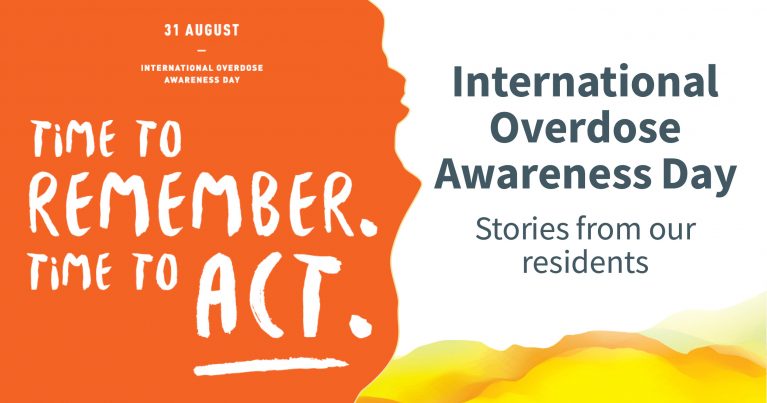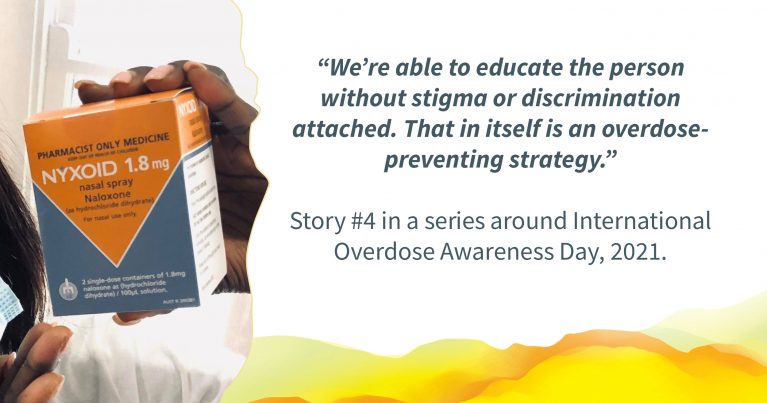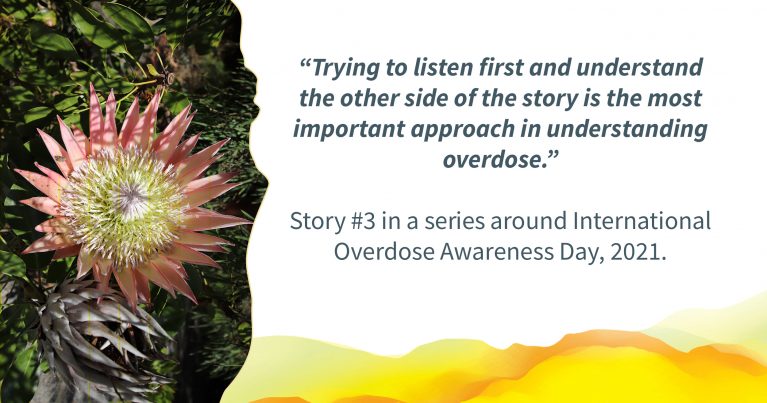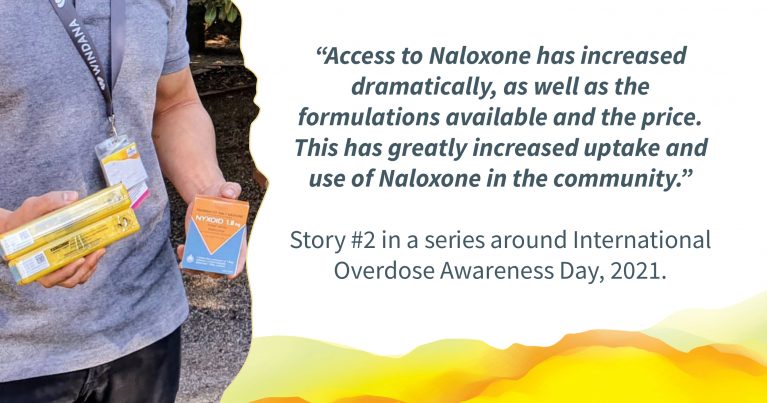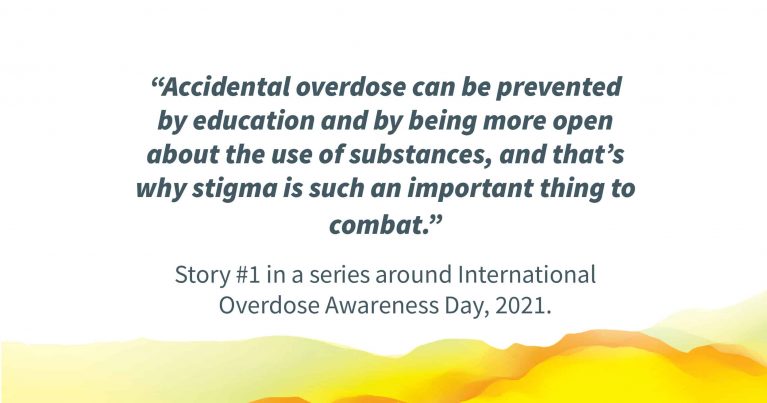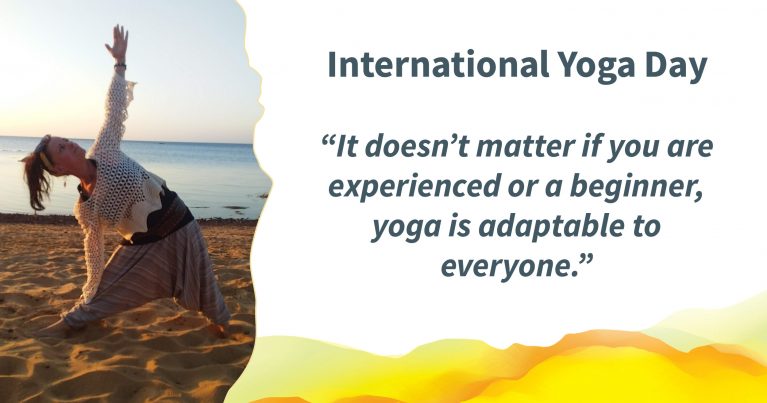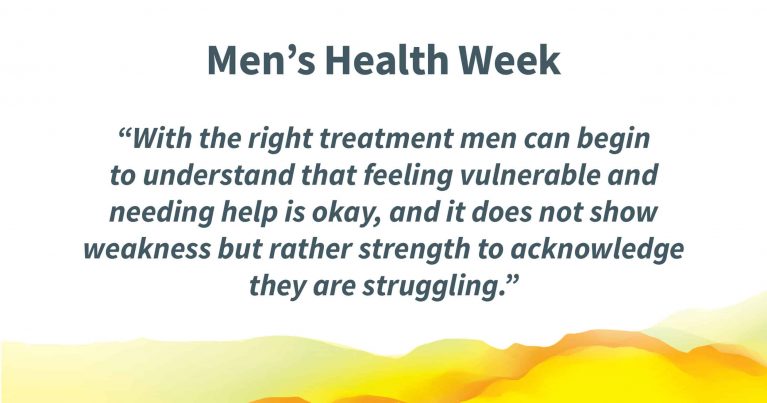Looking for our VicRoads Driver Behaviour Change Programs? Please click here.
News.
Men’s Health Week (14-20 June)
It’s Men’s Health Week. In Australia, this gives us a platform to challenge the key issues affecting men’s health. For insight into men’s health challenges, barriers to seeking support and how we can work together to overcome them, we spoke to Darrell Hinga, Executive Officer of SECADA.
When it comes to their health, many men’s attitudes cling to the old idiom “she’ll be right.”
Darrell says this needs to change.
“We know that men in Australia are more likely to suffer serious health problems with a higher mortality rate than women.”
COVID-19 certainly hasn’t helped, especially around mental health. Darrell says that for some men the sense hopelessness (and in some cases shame) has been particularly evident.
“The demands placed on families in juggling home and work priorities have exacerbated domestic problems and put a strain on relationships, meeting financial commitments, increased generalised anxiety and in accommodating the needs of children and teenagers.”
Depersonalising, and reflecting on the global nature of the pandemic can help create some perspective – and indeed hope – as the world begins to recover. Darrell notes this recovery also applies to individual men looking to recapture their sense of identity and place in the world.
Stigma and shame around getting help – built around ingrained ideas about men being able to cope – is an obstruction to men’s health that we can all challenge.
“Amongst many of the men we work with, poor health is seen as a weakness and this is due in large part to previously held beliefs about the role that men play at home and within society.”
This is especially so for mental health issues, which may not present obviously in the way a broken leg does, for example.
“Physical issues cannot always be hidden. These can be visible and validated and is another factor why men will seek medical attention over mental health concerns.”
Darrell says that mental health intervention usually occurs at a late stage in part due to stigma, fear and the idea that someone is not in control.
But what can we do to break down these walls, and support men we know are struggling? Darrell says that building the relationship is most important. There are ways to approach this with sensitivity.
“Active listening and being non-judgemental. Listening without interrupting or passing comment. Not forcing people to communicate if they don’t want to. Letting them know you appreciate them sharing, offering support, even practical assistance to connect with help, checking in with them regularly.”
Sometimes, assisting men to seek help is the first step.
This can mean encouraging men to talk to their GPs, discussing supports available and what to expect. Online portals provided by MensLine and LifeLine can also be useful places to direct men. To help normalise discussion about mental health, we can share stories about men with similar experiences. Darrell also says that keeping an open mind and showing genuine interest in wanting to help a person get connected to the right service or advice is important.
GPs in particular are integral, because they can make referrals to a range of community supports and build a Mental Health Treatment Plan if needed.
“Getting the right help at that right time provides an avenue for men to decompress, talk through concerns and feelings without judgement,” says Darrell. “It provides a structured environment to focus on steps to take to improve things for themselves and their relationships.”
We can also remember to view alcohol/other drug problems and psychological challenges as health issues. There are treatments that work, and early interventions that often lead to better outcomes.
Darrell says the flow-on effects for improved men’s health are profound. Professional support can build a person’s self-awareness of destructive behaviours (including substance use), and how these can impact families and relationships. It also can help empower men with accountability and responsibility for their health.
“With the right treatment men can begin to understand that feeling vulnerable and needing help is okay, and it does not show weakness but rather strength to acknowledge they are struggling,” says Darrell.
“Such a realisation is a major breakthrough in the treatment of physical and mental health.”
Help and information:
Men’s Health Week
https://www.menshealthweek.org.au/
Head to Health
https://headtohealth.gov.au/supporting-yourself/support-for/men
MensLine Australia (24 hour telephone and online support, information and referral )
PH: 1300 789 978
https://mensline.org.au/
LifeLine (24 hour crisis support)
PH: 13 11 14
https://www.lifeline.org.au/
DirectLine (24 hour counselling, information and referral service alcohol or drug-related issues)
PH: 1800 888 236
https://www.directline.org.au
Family Drug and Gambling Help (information and support to families and friends affected by someone’s drinking or drug use)
PH: 1300 660 068
https://www.sharc.org.au/sharc-programs/family-drug-gambling-help/


